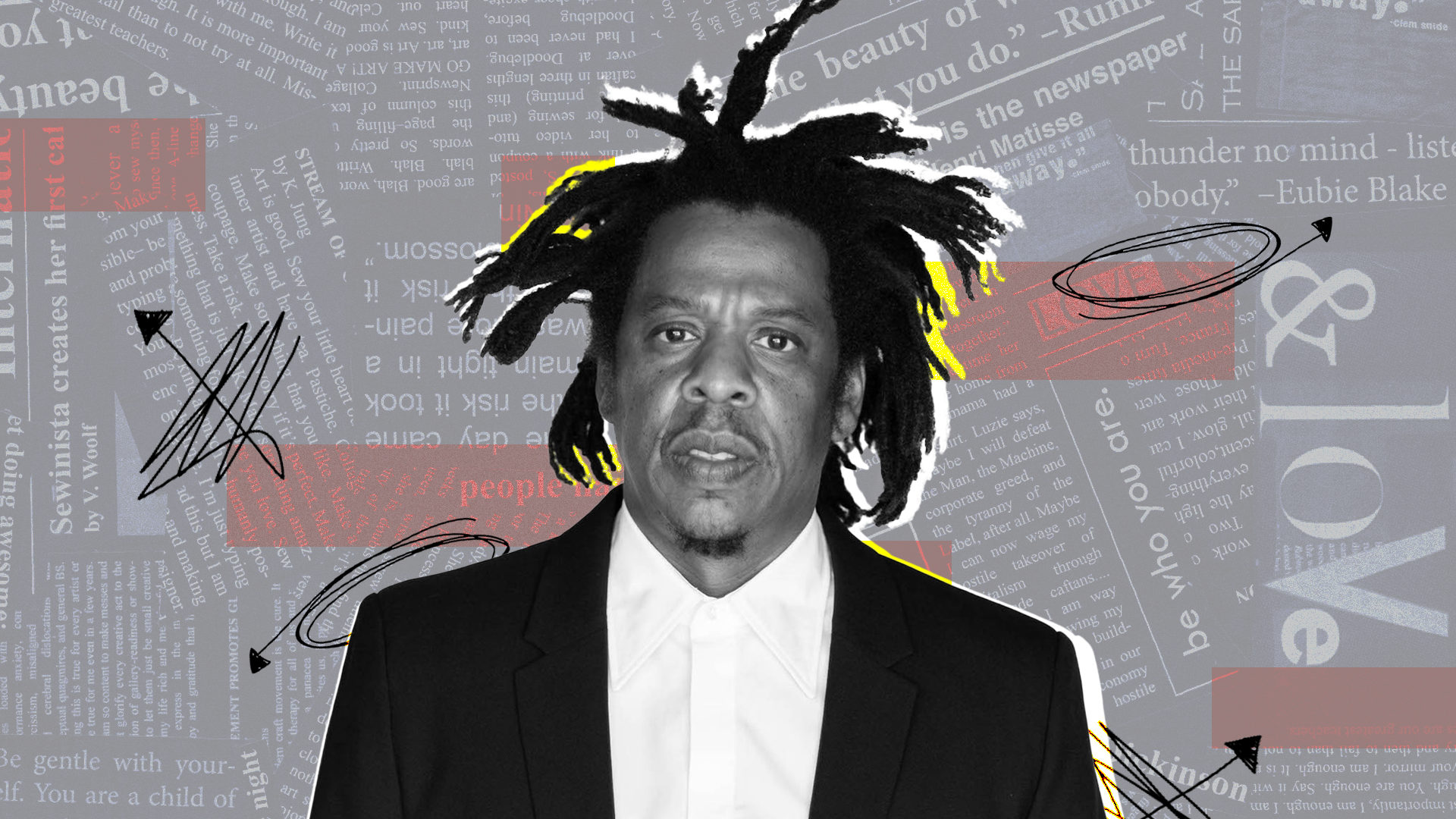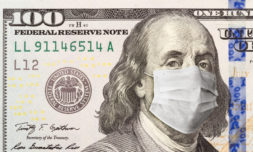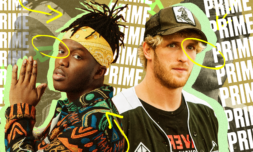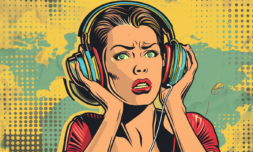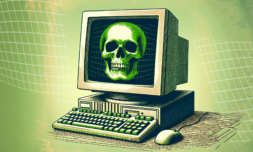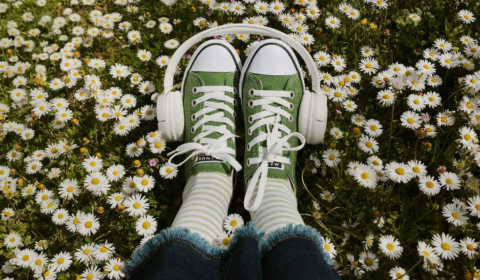Vocalists, rappers, and musicians have backed a proposal to remove a state law in New York that allows for lyrics to be used as evidence in criminal trials.
We could finally be seeing a change to current laws surrounding lyrical content within songs, namely hip-hop and trap, as a new letter urges New York to rethink its legal system.
Jay Z, Meek Mill, Kelly Rowland, and Killer Mike, among many others, have all signed a document in support of a new legislative change that was first proposed in November of last year.
State senators Brad Hoylman and Jamaal Bailey drafted together ‘Rap Music on Trial’ in 2021, with a clear goal of scrapping the current use of rap lyrics as physical evidence in trials. They argue that it is indicative of systematic racism and tampers with free speech, weaponizing content that is ultimately for entertainment purposes only.
It’s hoped that changes in New York would influence and effect change elsewhere, not just in the US but across the pond too. The UK also uses lyrics in grime, drill, and rap songs as ‘bad character evidence’, barring some artists from naming specific places or people.
The Guardian points to Unknown T as an example, who was on trial for a murder charge but acquitted in 2020. Prosecutors tried to use his lyrics as evidence, though this was barred by a judge.









